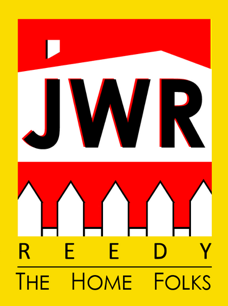BUYING A SHORT-SALE PROPERTY
Purchasing a home listed as a short-sale can be an excellent value…sometimes. It can also be a frustrating, disappointing and ultimately an unsuccessful transaction. Before you consider purchasing a property through a short-sale, it’s important that you understand what a short-sale is and exactly how it works.
A short-sale is different than any other property purchase. If you purchase a home in a traditional transaction or even if you purchase a foreclosed property from a bank there are two parties in the transaction: buyer and seller. However, in a short-sale purchase there are three parties: buyer, seller and the lender (or bank) that holds the mortgage on the property.
In this type of sale the seller of the home is “under water” or “upside down” on his mortgage meaning, the mortgage amount is higher than the value. If the mortgage is $300,000 & the value is $200,000 – the seller is unable to pay off the mortgage with the sale – he will be $100,000 SHORT.
Although the seller still owns the property he cannot legally sell the home unless he pays off the mortgage or convinces the lender to allow a short-sale on the property.
The beginning of the short-sale process is similar to a traditional sale. The seller and buyer agree on a purchase price and sign a sales contract. That contract is then submitted to the mortgage lender for their approval. The process of waiting for approval from the lender can range from as little as 45 days to as long as a year. The average waiting time for a response is 75-90 days.
There are three possible outcomes for the buyer on a short-sale.
1) The buyer’s offer is accepted. This response comes in the form of an approval letter from the mortgage lender. You typically must close within 30-45 days of the date of the letter.
2) The lender does not approve the purchase price. They may give the buyer a counter offer – often the buyer must negotiate with the mortgage lender. Another important note, since the mortgage lender did not set the list price for the property they may require higher than the list price to approve the short-sale.
3) The lender does not respond and the property eventually is sold in a sheriff’s sale.
A short-sale is not for you if:
~ You need to sell your home to buy a home. The lender who must approve the sale will not consider a contract with a “home-sale” contingency. In other words, if you need the funds from the sale of your home to purchase a new home, your contract will contain a “home-sale” contingency – so a short-sale is probably not for you.
~You have a lease on a home or an apartment that requires you be out on (or must stay until) a specific date. Unless you can negotiate a release you from your lease, or rent on a month-to-month basis, a short sale may not be for you.
If you have questions regarding a short-sale, please contact me.
